
FREDDIE'S CORNER
25-04-2024 by Freddie del Curatolo
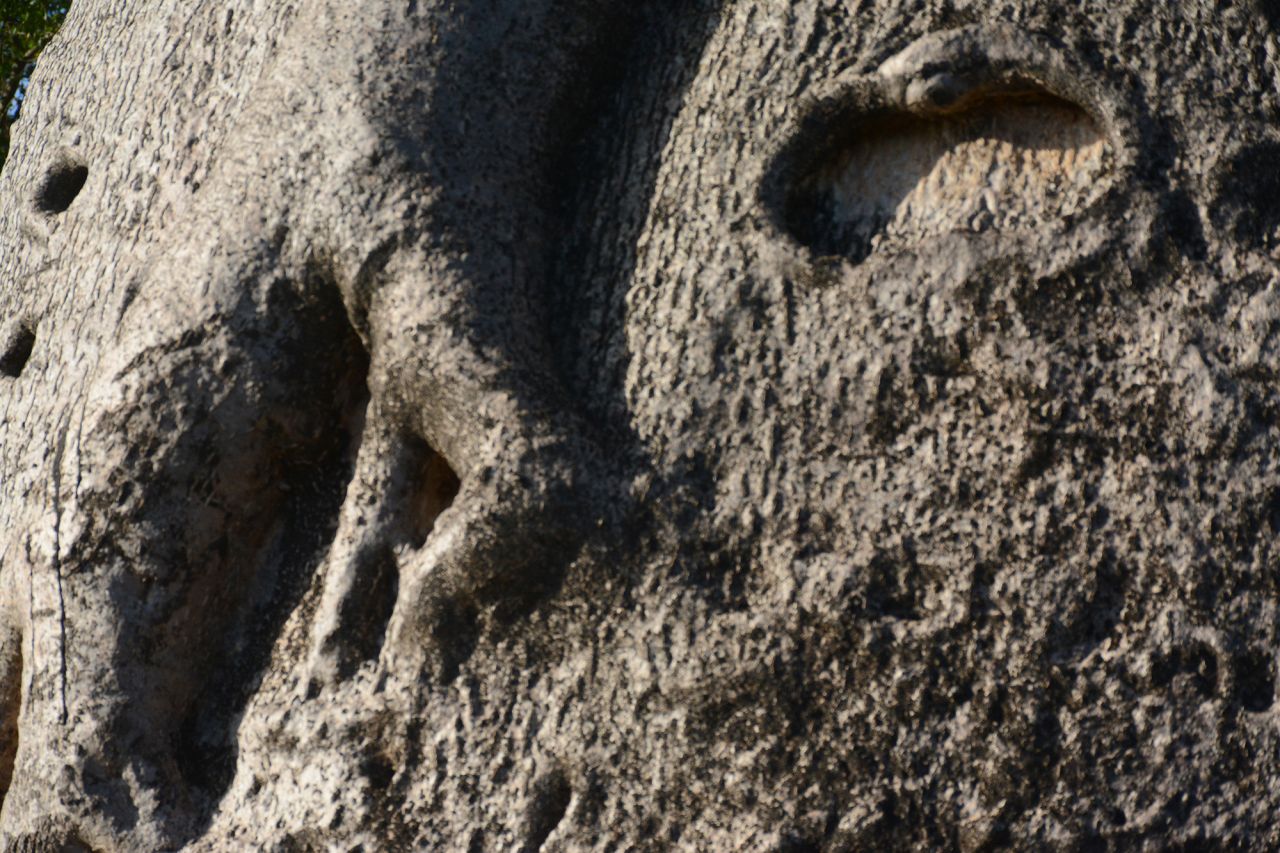
Western man is a peculiar animal, because he is capable of not believing what he sees, and of believing what does not exist.
On the other hand, one of the most romantic and at the same time most earthly, redeeming and close to Nature and therefore to our nature, is animism.
Through ancestor worship, besides celebrating the memory, the simulacra, what they believed in and did, they are held sacred living souls of the planet such as trees, forests, mountains that the fathers of the fathers in turn had reason to venerate.
One of the most idolised hundred-year-old baobabs on the Kenyan coast is located not far from the mouth of the Sabaki River, a few kilometres from the town of Malindi.
It is a sacred tree, a kind of monument for the Mijikenda ethnic group who, precisely because so many wise men and priests made camp and found refuge there over the centuries, attribute special powers to it.
Local legends tell that the baobab at the mouth of the Sabaki is able to transform the souls of ancestors and wizards into bats, enabling them to move from plant to plant.
In the wide grooves of the huge trunk, around 1920, sheltered and lived the heroine Mekatilili Wa Menza, the first woman to challenge the oppressive laws of the British Empire in the Malindi area.
Mekatilili also represents on a national level the country's first resistance and consciousness-raising.
Imprisoned twice and transferred to labour camps in the Rift Valley, both times she managed to escape by walking over 800 kilometres.
The second time she chose the Sabaki baobab as her refuge, before retreating inland, where her shrine still stands today.
Thus, legend has it, even Mekatilili managed to escape the British soldiers, without having to transform himself into a bat.
At the foot of Sabaki's immense baobab tree, historical celebrations and shamanic rituals are still held to remember those who lived respecting the laws of nature and passing on to their children the beauty of myth, the purity of dreams, the symbiosis with the planet, the hope of fairy tales.
SAD STORY
by Freddie del Curatolo

If, as the Malian writer and philosopher Amadou Hampatè Ba said, 'In Africa, every old...
EVENTS
by redazione

An event of traditional coastal music, folk dances and other activities in the shade of one of...
FREDDIE'S CORNER
by Freddie del Curatolo
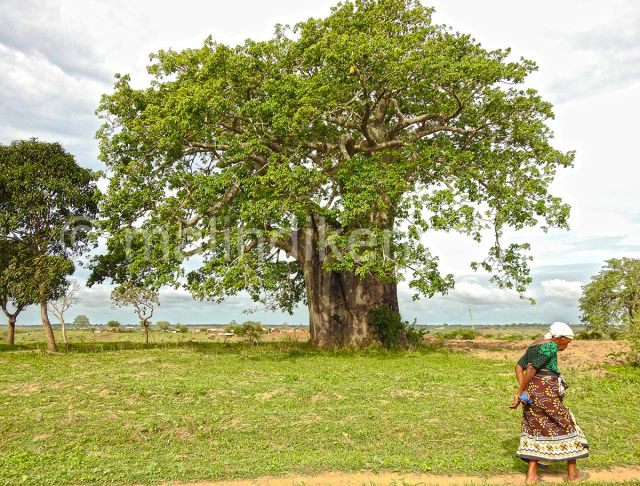
If you are planning a holiday on the Kenyan coast or in its immediate hinterland, take my advice: plan...
EVENTS
by redazione

Today in Malindi is celebrating the popular heroin of Mijikenda Mekatili Wa Menza culture.
This is the most important traditional celebration of the Kenyan coast population. The Mijikenda ethnicity represents the nine tribes living north of Malindi to the border with...

The world begins to discover the amazing properties of the African tree par excellence, the baobab.
The thousand-year-old ...
EVENTI
by Leni Frau

As every year in these days, the Mijikenda ethnic group of the Kenyan coast and in ...
CELEBRATIONS
by Freddie del Curatolo

The Kenyan coast has a popular heroine and she is a very important figure in the country's history, because as...
NEWS
by redazione

A sigh of relief for the many Malindians who still believe in legends and who do not want baobabs, representing the souls of dear dead, to be cut off.
Malindi's "talking" baobab, Mbuyu Wa Kusema, will not be cut to...
ENVIRONMENT
by Freddie del Curatolo

That we wouldn't make it was almost written.
Only a...

STORIES
by Freddie del Curatolo
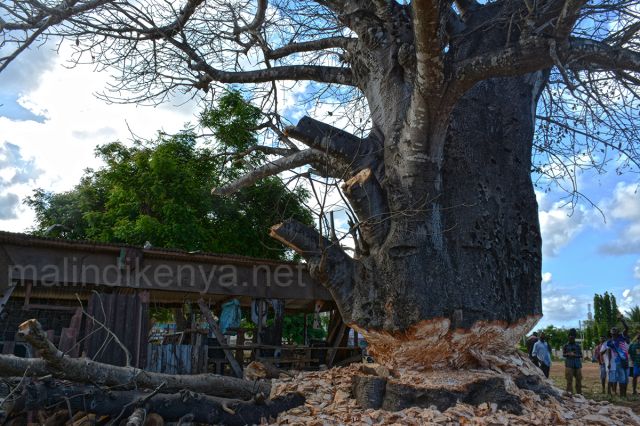
On the coast of Kenya there is a silent, daily crime that does not concern mankind and is not linked to any...
NEWS
by Freddie del Curatolo
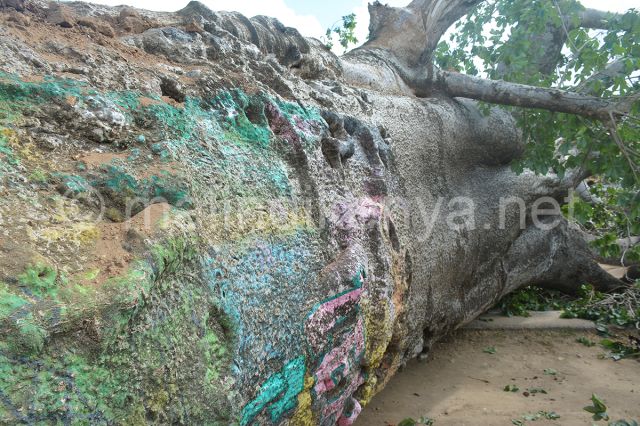
Kenya's baobabs are inevitably destined to disappear unless the new government takes timely and necessary countermeasures...
FREDDIE'S CORNER
by Freddie del Curatolo
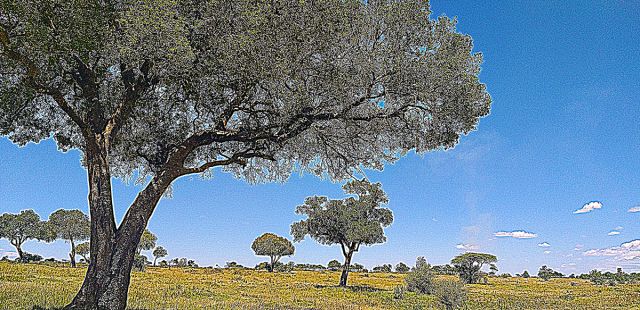
For Italians, patience is no longer a virtue but an anal lubricant.
They get ...
ENVIRONMENT
by Leni Frau

For us at Malindikenya.net it is now unthinkable not to combine the work of information and promotion...